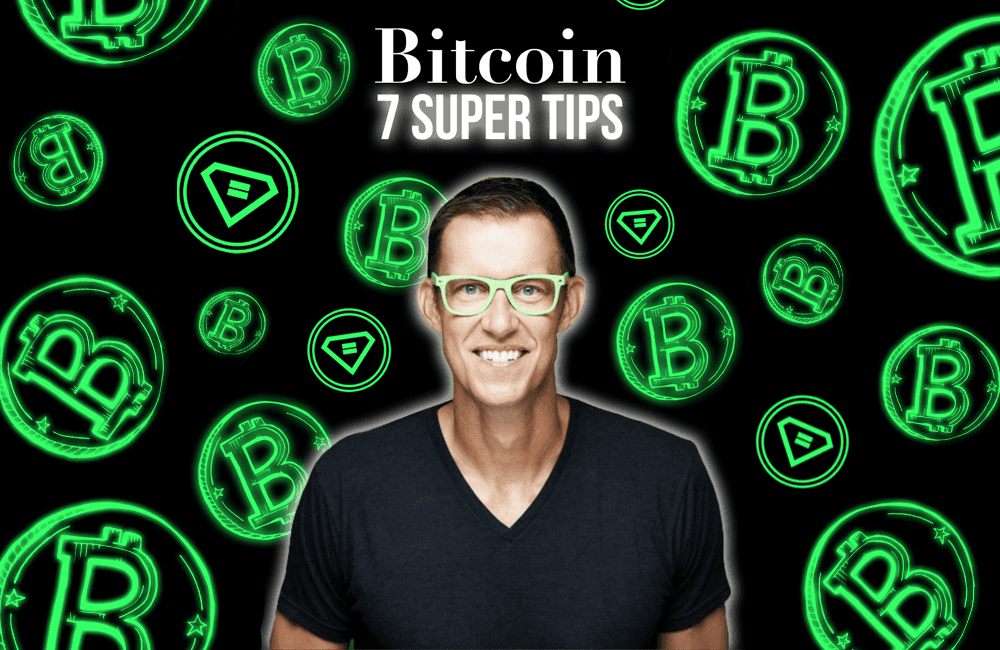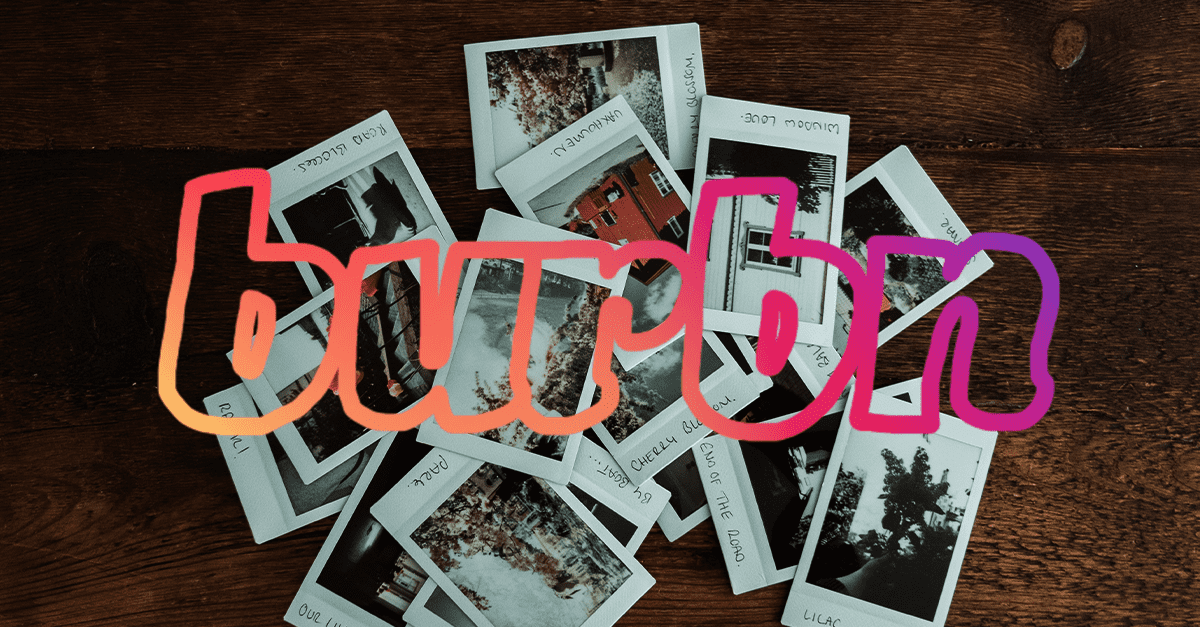Super U Podcast | Bitcoin & Blockchain
On this episode of the Super U Podcast, Erik talks about what you need to know about bitcoin along with several tips and tricks to achieve focus and success. Click here to subscribe to the Super U Podcast. Need a sneak peek? Below are the main takeaways from the episode.
Disclaimer: I’m not a financial advisor. So all the information you hear on today’s show is for informational purposes only. It is not investing advice.
Super U Podcast | Bitcoin & Blockchain:
[3:20] What Is Blockchain and Bitcoin?
“If we think back to when we were hunter-gatherer economies, we really just traded within our village structure. We had some informal constraints in place, but we enforced all of our trade with violence or social repercussions. As our societies grew more complex, and our trade routes grew more distant, we built up more formal institutions, institutions, like banks for currency, governments, corporations, these institutions helped us manage our trade as the uncertainty in the complexity grew, and our personal control was much lower. Eventually, with the internet, we put these same institutions online. We built platform marketplaces like Amazon, eBay, Alibaba, just faster institutions that act as middlemen to facilitate human economic activity. And I believe we are now entering a further and radical evolution of how we interact and trade because, for the first time, we can lower uncertainty not just with political and economic institutions, like our banks, or corporations or governments, but we can do it with technology alone. So what is the blockchain? blockchain technology is a decentralized database that stores a registry of assets and transactions across a peer-to-peer network. It’s basically a public registry of who owns what and who transacts what. The transactions are secured through cryptography. Over time that transaction history gets locked in blocks of data that are then cryptographically, linked together, and secured.
This creates an immutable, unforeseeable record of all of the transactions across this network. This record is replicated on every computer that uses the network. It’s not an app. It’s not a company. I think it’s closest in description to something like Wikipedia. We can see everything on Wikipedia. It’s a composite view that’s constantly changing and being updated. We can also track those changes over time on Wikipedia. And we can create our own Wikis because, at their core, they’re just a data infrastructure. on Wikipedia, it’s an open platform that stores words and images and the changes to that data over time. On the blockchain, you can think of it as an open infrastructure that stores many kinds of assets. It stores the history of custodianship, ownership, and location for assets like digital currency, Bitcoin, other digital assets, like a title of ownership of IP. It could be a certificate, a contract, real-world objects, even personal identifiable information. There are, of course, other technical details to the blockchain. But at its core, that’s how it works. It’s this public registry that stores transactions in a network and is replicated so that it’s very secure and hard to tamper with.”

To ensure you don’t miss future episodes, subscribe to our podcast by clicking here >> Super U Podcast. We hope these tips help unlock and unleash your inner superpower!
The Super U Podcast is hosted by #1 bestselling author and Motivational Speaker Erik Qualman.





